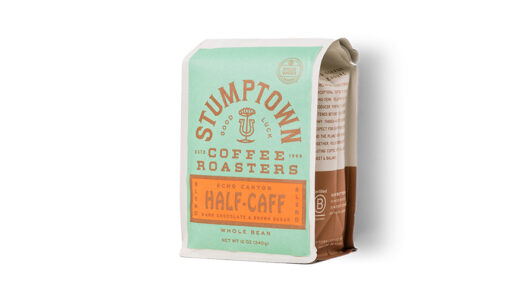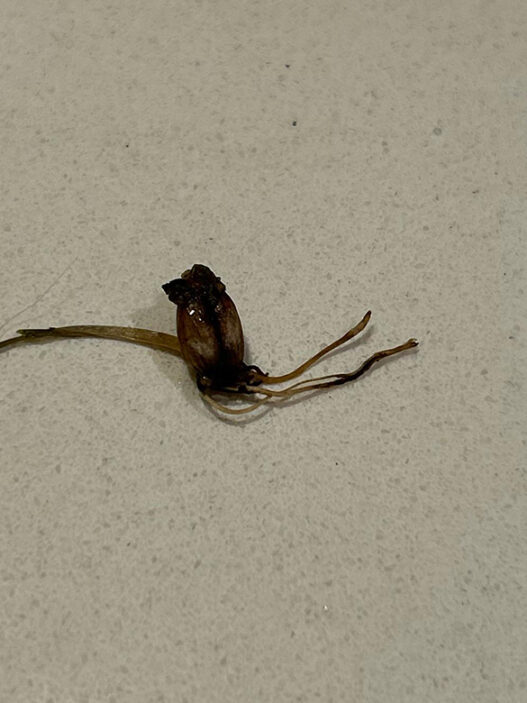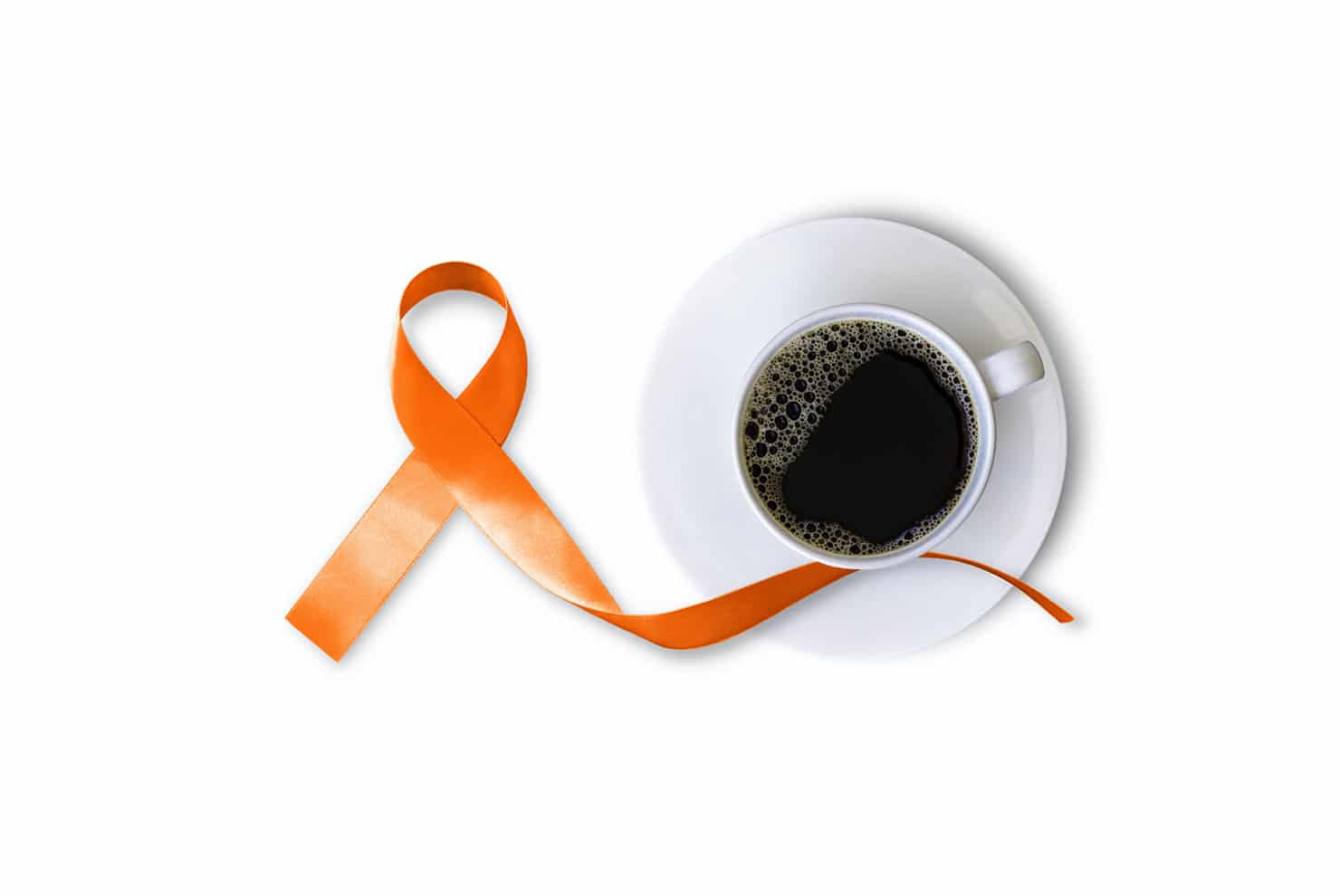The GCQRI Congress is happening this week. We recently asked Counter Culture Coffee’s Peter Giuliano to explain what it is and why it’s important:
As the aspiring coffee nerd begins to dig into the science of coffee, he uncovers a tragedy: virtually no academic research has been done on coffee quality. I discovered this myself when I began to seek out research about coffee processing, or coffee preparation science, or varieties… although coffee research does happen, it is rarely focused on quality, and it is rarely shared openly. This leaves us in a peculiar situation- when it comes time to talk about objective realities in coffee, we are left to speculate on what is really happening. A great example of this is the current controversy in Colombia over whether a given farm is growing Castillo or Caturra variety coffee. This debate assumes there is a perceptible quality difference between the two on a high-altitude farm in Colombia- something that would theoretically be testable in a research setting. As far as I know, no such study exists (at least available to us), and coffee buyers who claim an absolute link between Castillo and lower quality are relying on anecdotal evidence and “hunch” rather than any tangible, provable research. Ditto for many of the “facts” we think we know about coffee.
Coffee is tragically unique in this regard. Wine, the often-cited beverage analogy, has had research driven by UC Davis and other American universities for decades. Corn, Sorghum, Soy, Potatoes, etc. are all agricultural crops that have benefited from research. What little coffee research has been done has been driven by the countries where coffee is grown, and therefore lacks participation and support of us as coffee consumers. Other research has been funded privately, but the results are kept private, and are therefore of no use to the global coffee community.
We want to change all of that. Enter the Global Coffee Quality Research Initiative.
The brainchild of Dr. Tim Shilling, the visionary who led the transformation of Rwanda from a second-class coffee producing country to the successful, spectacular coffee producing country it is, the GCQRI (the acronym is pronounced “geekery”) seeks to build a collaborative network of coffee companies around the world who will support and direct quality coffee research. The Specialty Coffee Association and a cadre of visionary coffee companies have come together to support the first phase of the initiative, and the Borlaug Institute- an Agricultural Research Institute at Texas A&M University- has agreed to provide a home for the project. It’s starting to come together!
So here’s where we are: we’ve got a proposed structure and funding mechanism, and next week, leaders from the Specialty Coffee community and from the academic community will convene at Texas A&M University to put it into action. Over the three days of meetings, we will discuss funding, governance, and research priorities; establishing a transparent, collaborative, and quality-focused coffee research institution. We seek to begin research as soon as possible, addressing immediately the problems that are threatening quality coffee right now.
One principle of this project is openness, and we seek to share our progress with the entire specialty coffee community. Keep an eye on the SCAA blog (scaablog.org) and the GCQRI Facebook page for emerging news and updates.
You can learn even more at the GCQRI blog. Our sincerest thank-you to Peter Giuliano!





















